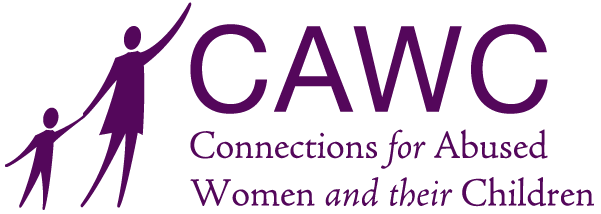Domestic violence is an extremely traumatic experience, and the repercussions (whether physical, emotional, or mental) can follow survivors for years to come. While recovering from trauma and living a happy, fulfilled life is possible with the right circumstances and treatment, it’s not always easy or straightforward. As such, it’s important to be able to recognize the effects of trauma on your life and arm yourself with a repertoire of strategies to help you overcome them.
Trauma as a Result of Domestic Violence
Everyone responds to trauma differently. However, it’s not uncommon for trauma to manifest in the lives of survivors in the following ways:
- ● depression
- ● anxiety
- ● post-traumatic stress disorder (PTSD)
- ● feelings of hopelessness
- ● low self-worth
- ● increased use of substances like drugs and alcohol
- ● disruptions in behavior or habits, including difficulty sleeping
- ● feelings of fearfulness and/or difficulty trusting others
How To Heal From Trauma
Depending on your needs and situation, the process of healing the trauma of domestic violence might incorporate a combination of different types of treatment, self-care, and lifestyle changes. Below are a few of the steps you can take to cope with trauma and start your healing process:
- ● Get Help. Healing from trauma doesn’t have to be a solitary experience. Psychotherapy, psychiatric medications, or both can be extremely helpful in processing traumatic experiences and learning to cope constructively with difficult feelings. If possible, look for a mental health professional who specializes in trauma.
- ● Take Care of Your Body. Your physical and mental health are intertwined, and lifestyle habits such as eating healthy and getting enough sleep can go a long way towards making you feel better. In particular, try to prioritize regular exercise, which can help reduce stress, process difficult emotions, and boost your mood.
- ● Practice Healthy Coping Mechanisms. Do some research or work with a mental health professional to come up with a list of activities and techniques that help you stay grounded and calm. Some ideas include mindfulness, meditation, journaling, art or creative activities, music, positive affirmations, and more. Try to stay away from unhealthy coping mechanisms like drugs and alcohol—they may numb unpleasant feelings temporarily, but will likely only make you feel worse in the long run.
Above all, the most important thing you can do is to practice self-compassion and patience. Healing is often a slow, non-linear process, but with enough time and effort, you can regain a sense of balance.
At Connections for Abused Women and Their Children (CAWC), we believe that everyone has a right to a life free of violence. Our mission to end domestic violence is rooted in education, service, and advocacy. In addition to working toward broader social change, we provide empowerment-based and trauma-informed support in the form of shelter, counseling, and advocacy to individuals affected by domestic violence and their children. If you or someone you know is struggling with domestic violence, don’t hesitate to call our 24-hour hotline at (773) 278-4566. To support our work, consider volunteering or donating.
